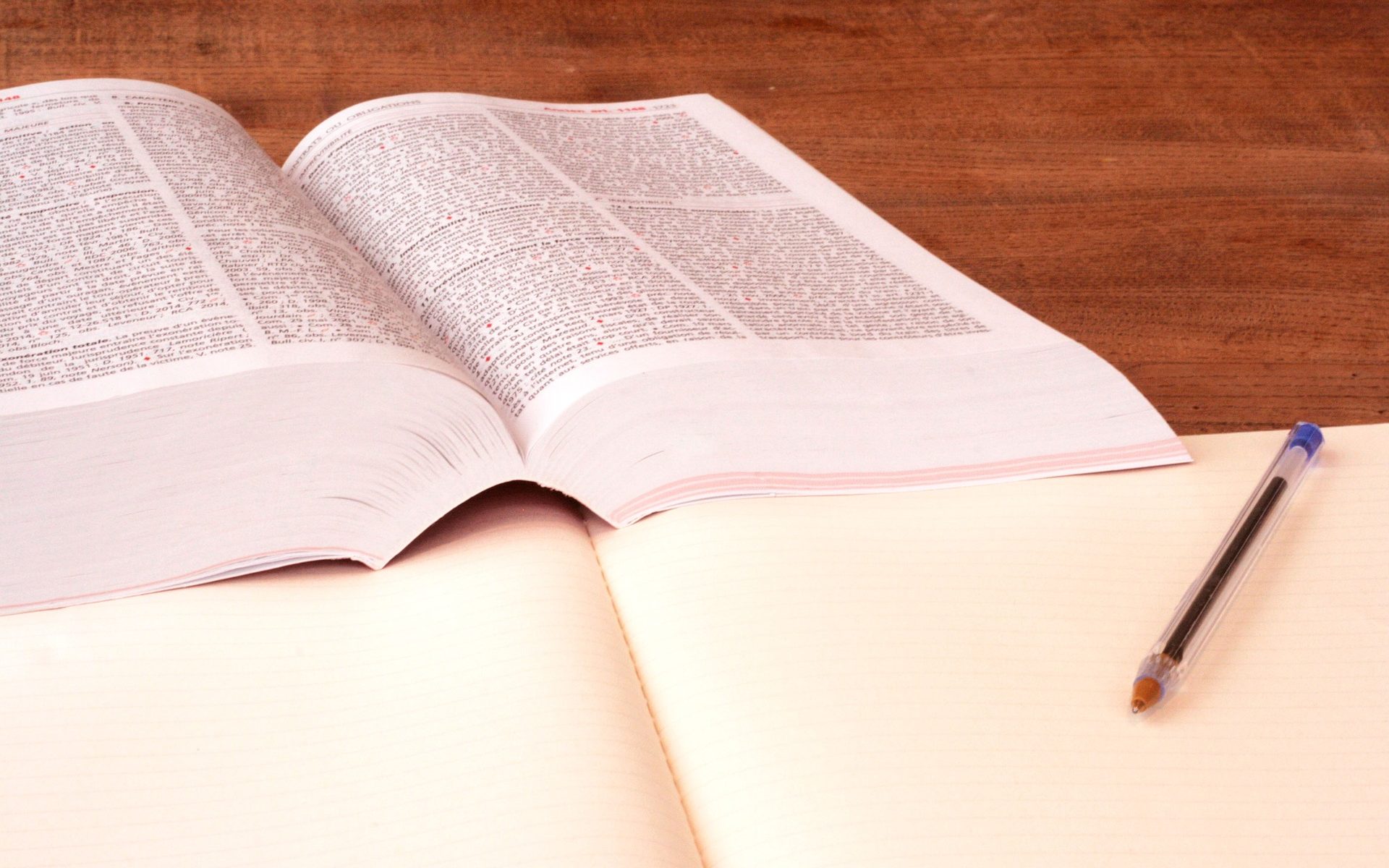Peter Potter, director of publishing strategy for the University Libraries at Virginia Tech, Blacksburg, was appointed by the Association of Research Libraries as visiting program officer to advance TOME (Toward an Open Monograph Ecosystem).
LJ: How does the TOME model work?
Peter Potter: TOME is an initiative to create a system whereby academic books can be made available open access. It’s an attempt to create, from the bottom up, a group of institutions and presses working together to ensure that payment is made on the front end of publication, rather than publishers having to rely on sales income. At the moment we have over 70 participating university presses, [and] 13 participating universities.
The press gets the up-front money. If a press is participating, they’re agreeing to publish this book in an open access format. That doesn’t prevent them from turning around and selling the book, which they can do. If there are print sales or ebook sales that they can generate, they should continue doing that.
Contribution from a university is a minimum of $15,000 per monograph. We figured that after this five-year pilot we would come back and revisit that amount to find out if that is actually enough to make this worthwhile for presses. We understand the $15,000 is less than what it typically costs to produce a monograph—Mellon did a study a few years ago in which they said it’s actually well over $20,000. But the idea is by making a book open access you’re not cutting off sale possibilities. The $15,000 jump-starts the book’s availability, it enables the press to go ahead and publish the book [in print format], and then they will see sales that will supplement that.
One of the things that’s important is that these are university press peer-reviewed books. We want it to be clear to provosts and department heads and deans that these are not second class books—they are books that a university press would have published anyway on the basis of quality. We didn’t want the sales potential of the book to get in the way of that. Sometimes decisions get made for a monograph based upon “we don’t think we can sell enough copies,” and this is a way to try to address that problem on the front end.
Source: Peter Potter on Funding OA Monographs
This approach of essentially paying upfront for the book has worked quite successfully for nearly a decade for CALI eLangdell Press. eLangdell Press books are distributed freely with a Creative Commons license that allows faculty to remix the work to tailor it to their course needs. CALI eLangdell currently offers over 30 casebooks and supplements in over a dozen areas of the law. DUring the Fall 2018 semester eLangdell titles were downloaded over 12,000 times, providing law students with over $1,500,000.00 in value.



